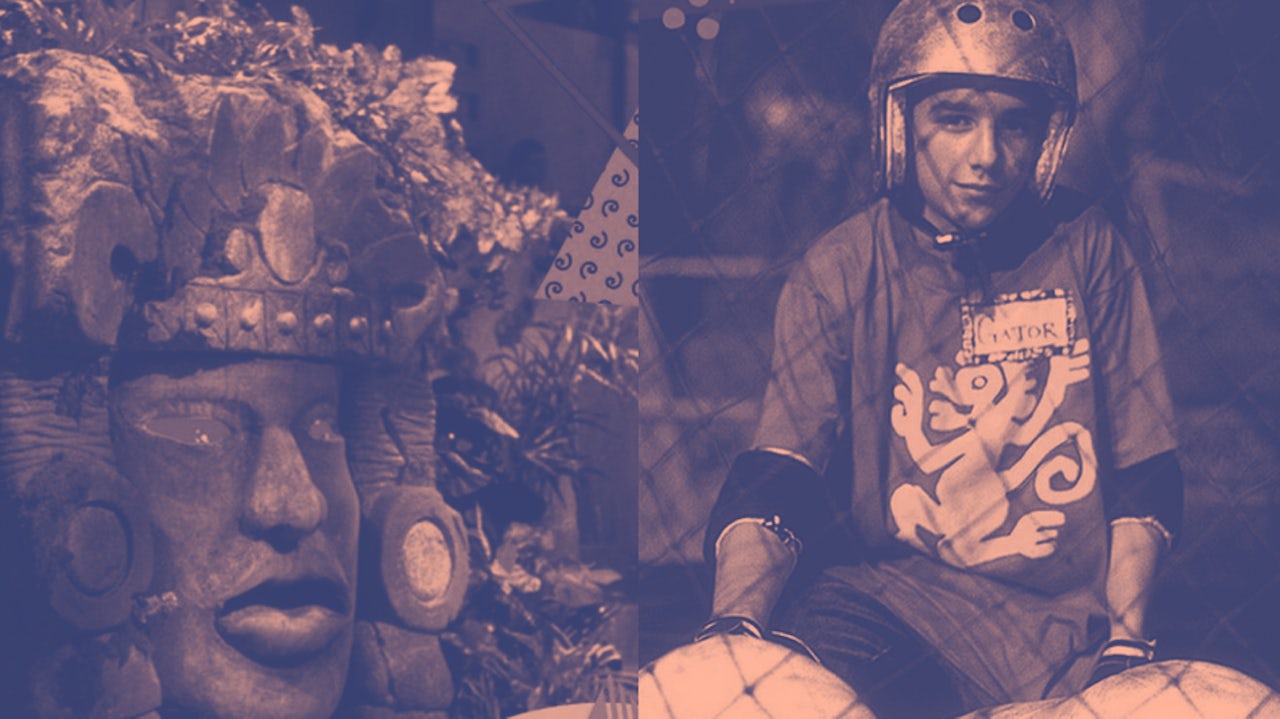Our contemporary commercial culture fetishizes nostalgia and infantilization, not just revisiting and reappraising the past (remember the ’80s?), but resuscitating and reimagining content originally made decades ago (for children) into content made now (for kids AND adults). I can point to 1,000 emblematic examples, but a few notable ones are: Transformers (2007); Toy Story 3 (2010); Toy Story 4 (2019); the Boy Meets World revival (2014 to 2017); Fuller House (2016 to present); basically the entire superhero movie industry (2000 to present); the new Star Wars movies (2015 to present).
This phenomenon is so common it’s almost not worth pointing out; but here I am, writing about how it is just the way commercial culture works for now. But one crucial part of the revival trend that irks me is that many creators of such entities have mostly attempted to keep up the pretense that they are still for kids. Thus the increasingly rabid adult fans of such entities feel the need to stress that anyone who dislikes the entities is taking them too seriously, that it’s just entertainment and my son likes it and let people enjoy things, okay?
A newly announced revival takes us one step further along this road. Quibi, a mysterious, yet-to-be-launched video service, announced today that it will revive Legends of the Hidden Temple, the iconic ’90s Nickelodeon show in which teams of kids had to explore the secrets of a fictitious ancient temple on a closed set, competing in logic games and physical puzzles in order to win prizes like a Super Nintendo or a trip to the Bahamas. As a kid, it was fun to watch because you could easily imagine yourself playing it, and would feel frustrated when the contestants invariably fucked up one of the games they’d presumably seen play out on TV dozens of times — the same appeal as Nickelodeon’s Guts, and Nickelodeon’s Double Dare, and, come to think of it, all of the Nickelodeon game shows.
But this go around, Legends of the Hidden Temple won’t be for kids, and it won’t feature a fictitious temple on a closed set. It will pit adults against each other in an actual jungle, with several of the game’s original contests (piece together the silver monkey!) replicated in the wild. Few details have been released as to how the show will actually play out, but my guess is that it will be something like Survivor, but with even wackier games, and hopefully no diseases.
“Bringing back Legends for Quibi is a dream come true,” Scott A. Stone, a veteran TV producer who co-created the original show, said in a statement. “I have been so lucky to be part of this defining Millennial [money-making] show, and now there is a defining Millennial [money-making] platform to go with it. I couldn’t be more excited [to make money].” This means nothing — how can a platform be “defining” when it hasn’t even launched? — but nonetheless, there is already some support for it on Twitter, and some enthusiastic press coverage.
The explicit adultification of a property originally for kids is, I think, a crucial shift in how all this works. Game shows are silly by design, especially new ones — there’s one where people just try to replicate the music-tracking app Shazam, and it’s hugely popular — and “adult Legends of the Hidden Temple” isn’t a bad elevator pitch, because it clears a very low bar of “hmm, what’s going on here?” that makes people watch a new show past the commercial break.
But absent the pretense that we are trying to recreate the formative pleasures of the past for our children in a modern context (such as putting people of color in Star Wars), the scavenging of such properties seems like an especially desperate ploy for attention and money. Quibi needs subscribers, because it’s cost a ton of money so far, and appealing to the cheap instincts of recognition is one way to do it. It’s not like Legends of the Hidden Temple was some immensely important show when it aired; kids like me didn’t think “wow, we are witnessing an epochal moment of the form.” It was just on, and on long enough to accrue some nostalgia via the inertia of aging, which makes everything that’s ever happened seem possibly profound or important — especially when an entire cultural apparatus now exists to tell us so.
Anyways, not to go from “look at this fun thing!” to “life is cheap and we are going to die,” but since someone (Quibi and its investors) will get rich if this thing succeeds, while our attention is increasingly absorbed and chopped up the powers that be, it’s worth complaining about. On a root level, it’s just insulting — these guys have the easiest jobs in the world, coming up with stupid shit to entertain depressed poors like you and me, and the most they can think of is this thing we’ve already seen before, now with a little more danger. They’re not trying at all, because of “burnout” or “the market is tough” or whatever. Just try, come on!
But they don’t, so we get this, and whatever else shit these highly-paid suits can come up with. At scale, this unchallenged infantilization only leads us to a future where the top show of 2021 is, like, one where celebrities are placed into Hogwarts houses and forced to answer trivia for charity. Actually, shit, that would probably work.
